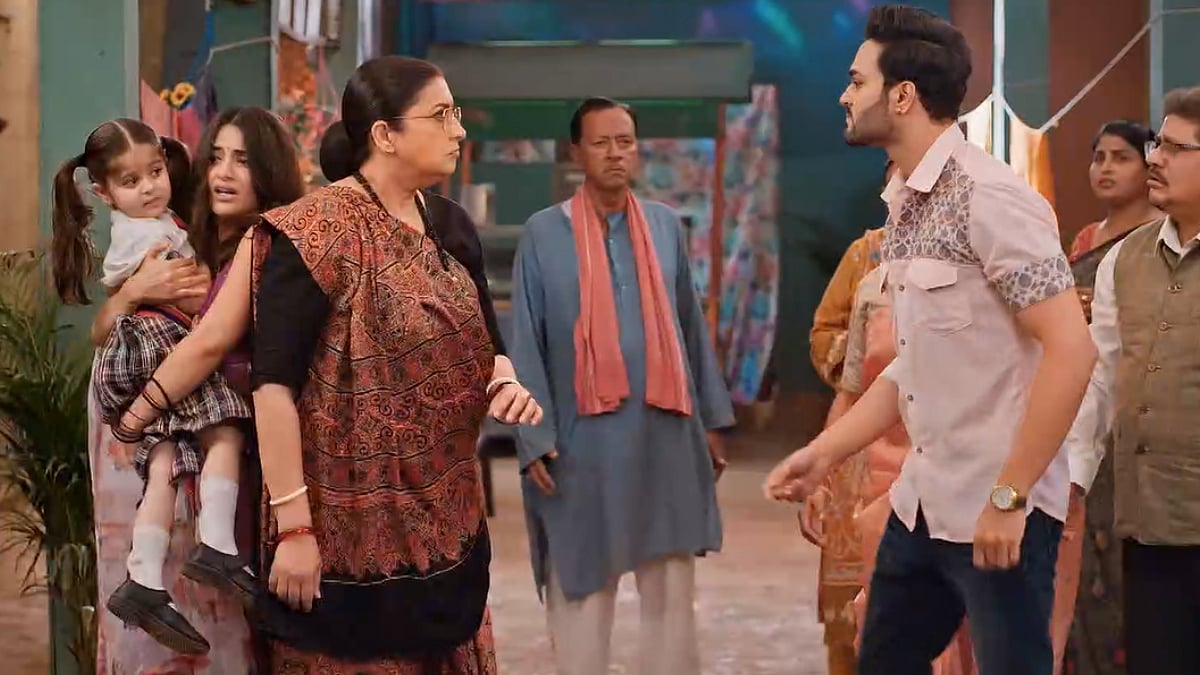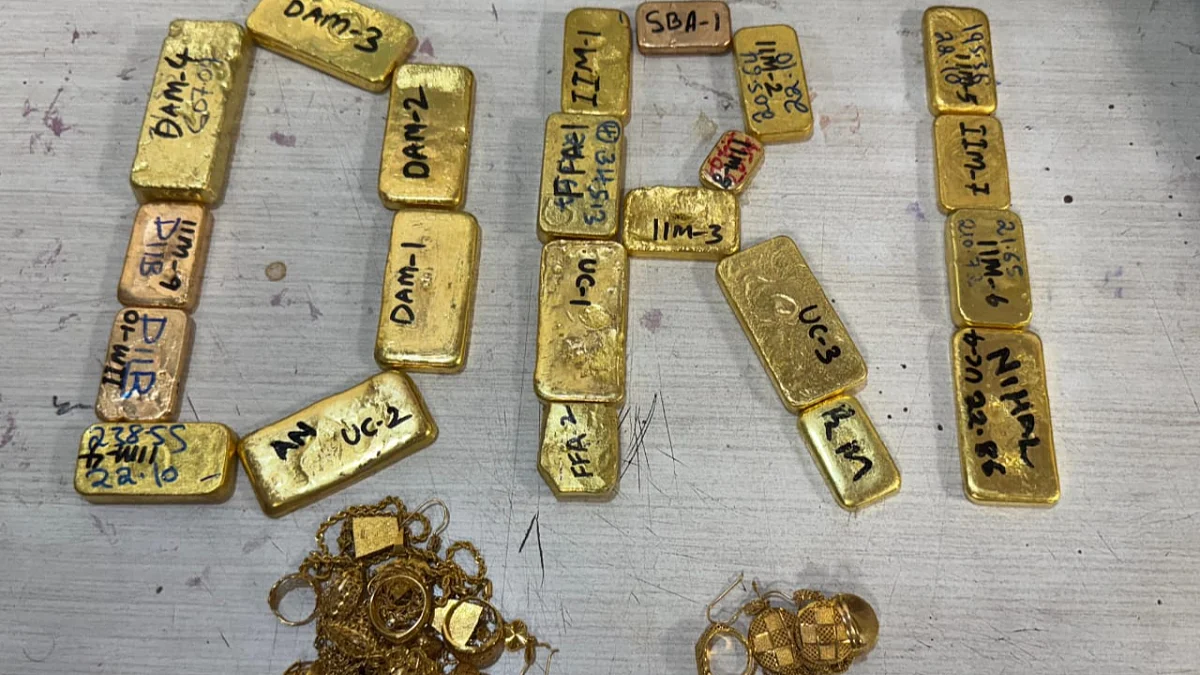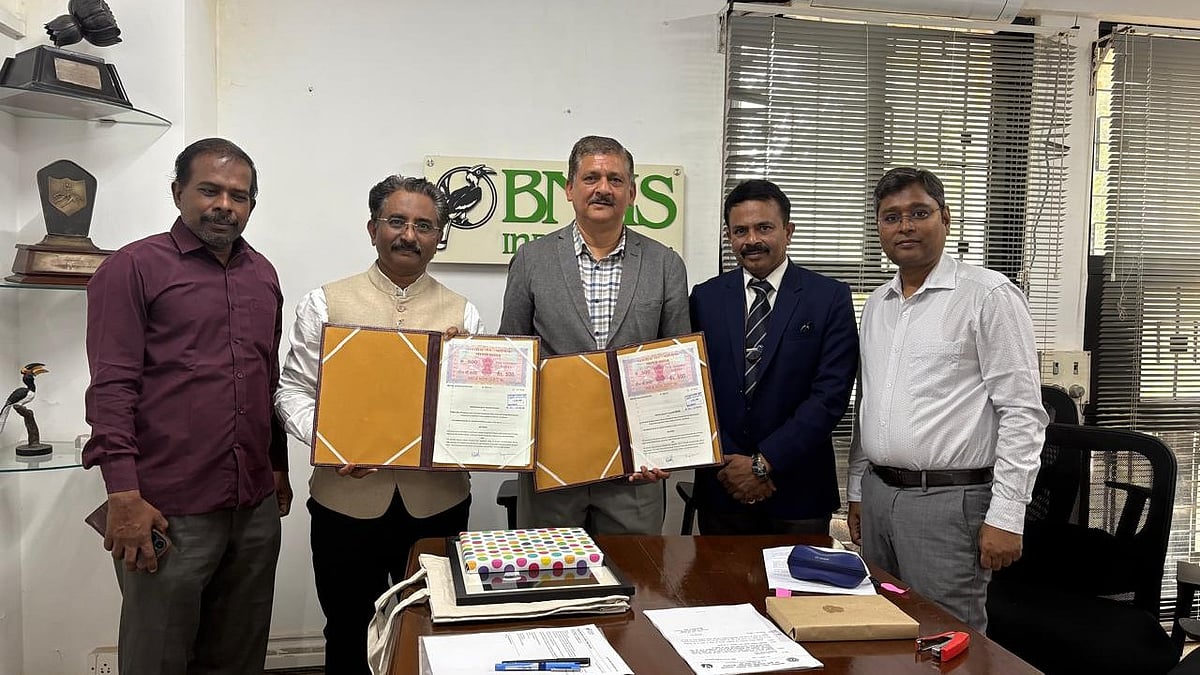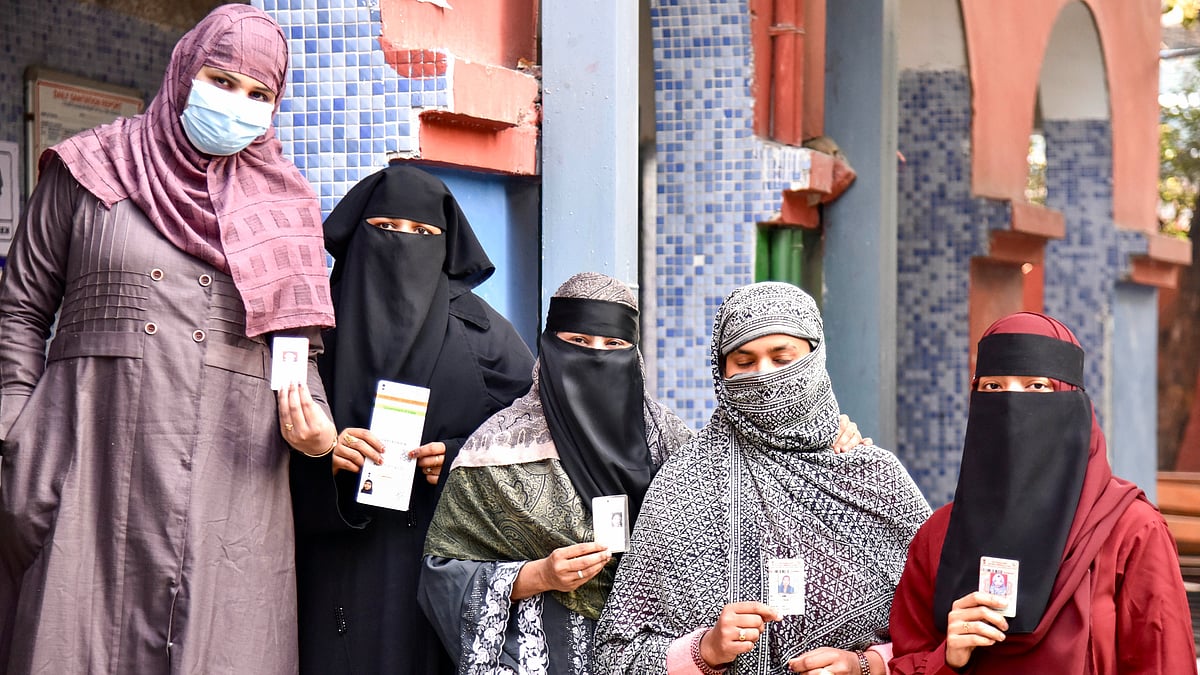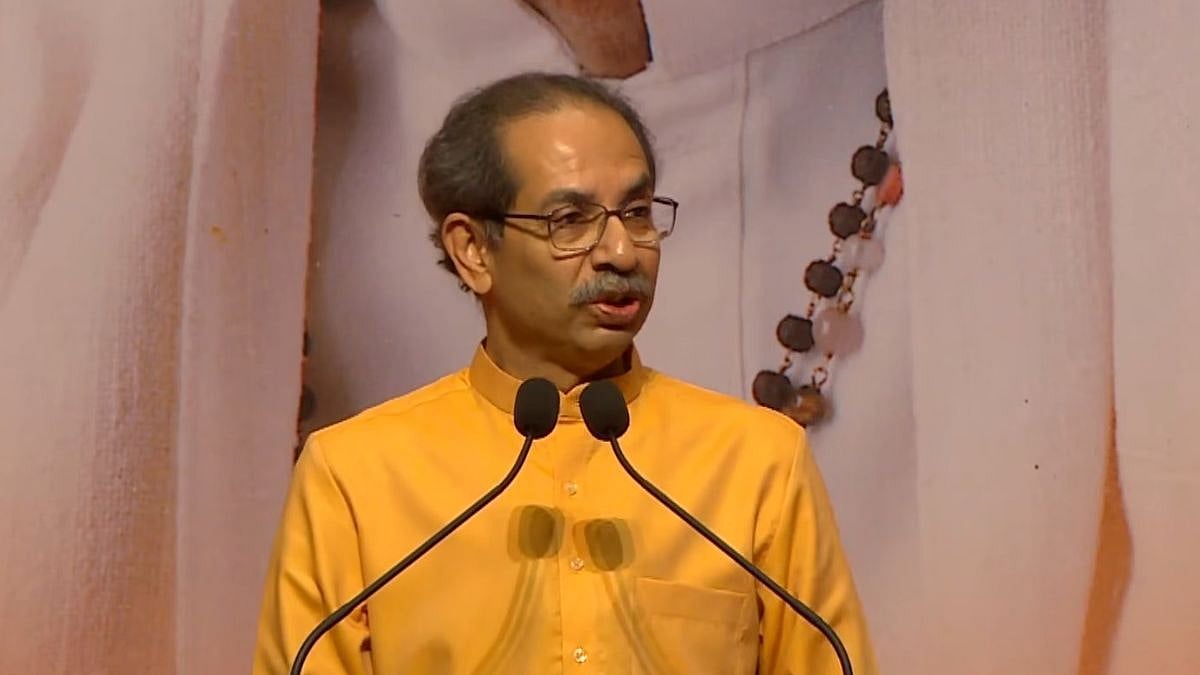While we continue to battle the second wave of COVID-19, the pandemic has taught us some key lessons as well — it has reminded us the meaning of life, showed us to be compassionate towards others and grateful for what we have, to take a pause and re-evaluate our priorities, appreciate the time we spend with our loved ones... the list is endless!
Over the past few months there have been heart-wrenching stories about struggles for hospital beds, oxygen cylinders and concentrators, and life-saving drugs. Mumbai was one of the few cities to suffer a major setback during the second wave. And, amidst all the chaos, there were those who stepped out of their comfort zones to help the ones in need. From college students to young activists... many have been doing their bit for their city. Among them is a young social activist and politician Ruben Mascarenhas.
Last year, when the lockdown was imposed, Ruben along with a few others started the Khaana Chahiye Foundation, through which the group provided food to the needy. Khaana Chahiye Foundation is an independent, apolitical and non-partisan organisation.
This year, Ruben set up a COVID-19 helpline to assist patients and their families in finding beds, crucial medical equipment, oxygen cylinders, etc. Sharing his motivation behind setting up the helpline, Ruben said, “A few weeks ago I started getting tagged in tweets asking help for bed allotments, oxygen concentrators and cylinders, ambulances, plasma, and etc. Owing to my work in the political sphere, I have an established base of connections at the local level. So, I got in touch with the people I know and sought help for those who were reaching out to me for help. As time passed, it became difficult for me to help out so many people. I realised there was a need for a more organised system. That's when I reached out to the Aam Aadmi Party to help me set up a team of people, who could assist me in my work. We then got a cloud telephony service and started the helpline with over 80-odd people taking calls.”
Help is at hand
Explaining how the helpline works, Ruben said, “We use a customer relationship management tool. When a person calls us, we put in the details in our system to understand if the case is critical or not, etc., and carry out a basic triage (which in medical terms means 'decide the order of treatment') — we try to understand the problem, what doctors are saying, whether the patient is stable or not, so on and so forth. This makes it easier for us to help the person seeking help. This is the first step. I then escalate the cases to the authorities and elected representatives.”
“The biggest problem is lack of availability of verified data. There's so much information doing rounds on social media and on messaging apps like WhatsApp that it has become difficult to distinguish between the authentic and non-authentic ones. For instance, during a medical emergency when you need to call for an ambulance, with so many numbers available you don't know which to call, and whether that number you call will send help or not. We aren't trying to take anyone's place here or replace initiatives put in place by the government. In fact, we ask people to follow the due process, if that doesn’t yield result, only then we intervene and escalate issues to the officials—we don't skip any hierarchical order... That's how we function,” he further added.
Exhaustive measures
Through the helpline, Ruben and his team help people with bed allotments, ambulance, finding plasma donors, oxygen and medication. “Whenever we receive calls, the first suggestion is to speak with their respective BMC ward authorities. But, when that doesn't yield any result we step in, call war rooms, and touch base with the MOH (medical officer of health) who is responsible for the affairs of the war rooms. And, if nothing comes out of that, we then escalate it to higher authorities, which include both elected representatives and BMC’s senior bureaucrats,” Ruben informed.
Tip of the iceberg
This is just the tip of the iceberg. As the conversation deepens, one understands the exhaustive measures taken by Ruben's helpline. “When it comes to medication, which isn't strictly managed by the FDA and the collectors office, we ensure that the hospital gets it from the FDA inspectors through the distributors. We follow up with the authorities and make sure that people don’t run pillar to post for crucial medicines. Our data comes in handy when we have to look for plasma donors, since we have helped a lot of COVID-19 patients. We also collaborate with organisations, which do similar work. We approach them, and if they meet the eligibility criteria for plasma donation, we to guide them for the same,” he added.
Volunteers are stressed out
Amidst all the help that Ruben provides to people in need, it surely must take a toll on him—taking so many calls everyday, talking to people, managing emotional breakdowns, etc., isn't an easy task. So, how does he keep stress at bay? “It's difficult, to be honest. Past few weeks were horrifying. And, when you hear people breaking down on the other side of the phone, or going hysterical over their loved one's serious condition, or there are times when you feel helpless because there's only so much one can do... it takes a toll. The best way to de-stress is to sleep. I also watch documentaries on YouTube when I get the time. I would also suggest people eat good food — you can't help others if you aren't healthy yourself. My mother's my pillar of strength here — she makes sure I eat well, and motivates me when I am feeling low. And, to speak more honestly, I am also seeing a psychologist who helps me cope in a better way with all the emotional stress I face in the process of helping people,” he shared.
Currently, Ruben is working with his team on the Hunger Map Project, which is a policy intervention to improve Mumbai’s crisis-management infrastructure. “None of us had expected a second wave despite the fact that we had heard about it. I will continue helping people in whatever way I can,” he signs off.

